Happy 2020!
Like last year I’m posting this well after the 3 year anniversary of Julia’s death on December 21st. Like every year, we had a couple of gatherings at Julia’s grave – one with friends and one with family – to remember her and her impact on our lives, pray, and sing.
The delay in writing this is partly due to the busy holiday season, but also because I’ve struggled a bit to know what to write. Rather, I know what to write but it feels wrong to write it. There were definitely tears around December 21st like previous years, and there were definitely many hard moments of grief and sadness throughout this year. I still feel intense anger from time to time about what Julia had to go through. However, much of the sadness and anger has definitely lifted. Which is great.
But there is accompanying guilt that comes with sadness lifting. It almost feels like I am doing something wrong if I’m not feeling a good deal of sadness in my life. Rationally, I know this doesn’t make sense. It’s been 3 years. I’ve worked hard to train my mind to focus more on positive emotions, through mindfulness and other techniques.
It’s also just normal to start feeling a lighter load of grief, for the darker memories to start to fade, and for the lighter, happier memories to start to replace them. But it’s as if my inner self wants to rebel against this trend and reject these happier memories in protest against the injustice of it all.
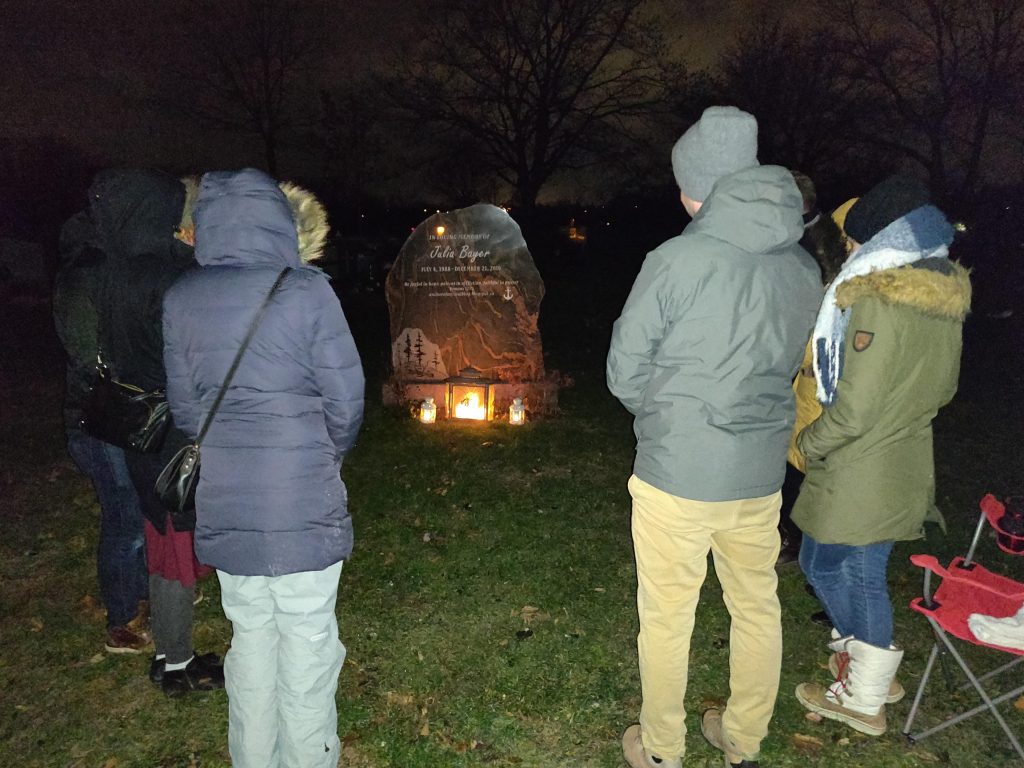
I’ve just finished reading Dostoevsky’s The Brothers Karamazov (mild spoiler alert), which is a great book about 3 brothers and their father and the consequences of their different worldviews. There is a speech near the end where Alyosha, the youngest brother, after many painful events in his life, is with friends at the graveside of one of their compatriots who has died at a young age. Having just gathered with friends at Julia’s graveside I felt a strong connection to this passage. Alyosha says,
And even if we are occupied with most important things, if we attain to honour or fall into great misfortune – still let us remember how good it was once here, when we were all together, united by a good and kind feeling which made us, for the time we were loving that poor boy, better perhaps than we are.
He continues later,
You must know that there is nothing higher and stronger and more wholesome and good for life in the future than some good memory, especially a memory of childhood, of home…If a man carries many such memories with him into life, he is safe to the end of his days, and if one has only one good memory left in one’s heart, even that may sometime be the means of saving us.
At first glance, the main theme of Brothers Karamazov seems to be the power of religious belief, which is probably right. But there may be another theme that is just as strong: the power of self-love.
The hardcore blog followers (i.e. probably just my mom) may be thinking back to this post from last year and saying, “I thought ‘self-love’ was just another name for that ‘power of positive thinking’ baloney”.
I think true self-love is different from positive thinking, and it’s definitely different from increasing one’s “self-esteem” through getting more likes on social media. (Are likes even a thing anymore? Don’t answer that – I’m glad I don’t know.)
I noticed this quote from Joseph Campbell that I skewered in that post: “Find a place inside where there’s joy, and the joy will burn out the pain.”
Perhaps I was too hard on old Joey C because I don’t think it’s too far off. And I’m taking a quote out of context (but hey, that’s what bloggers do). But the problem is it’s too vague. You can’t ask someone who’s been through a lot of trauma and pain to just “find joy”. What you can do is ask them to “find love”, or find “some good memory” (even just one) that shows that you’ve been loved and you have loved.
Meditate every day on these memories and, in my experience, it will take you a long way toward building a positive view of self and building positive emotions. Because as Dostoevsky and Jesus (John 3:16) both say, love is the means by which we’re all saved.
I can’t feel guilt that I am slowly starting to feel more positive emotions. It makes sense, because I have a list longer than a Dostoevsky novel of memories of love with Julia. Both giving and receiving.
Remembering how much love we had for each other, in one sense, makes the grief harder. I can no longer express that deep love to her physical being. But now that the deepest sadness is passing, there is great joy, if I allow it to be, that comes with knowing that that love existed, and in a sense still does.
I am so thankful that Julia gave me the chance to love her, and to be loved by her. It made me a better human than I otherwise would be. And though her death almost ruined me, love has saved me – God’s love, the love of friends and family, and her love.
To adapt Alyosha’s speech, I say, “let us remember how good it was once here, when we were all together, united by a good and kind feeling which made us, for the time we were loving Julia, and she was loving us, better perhaps than we are.”
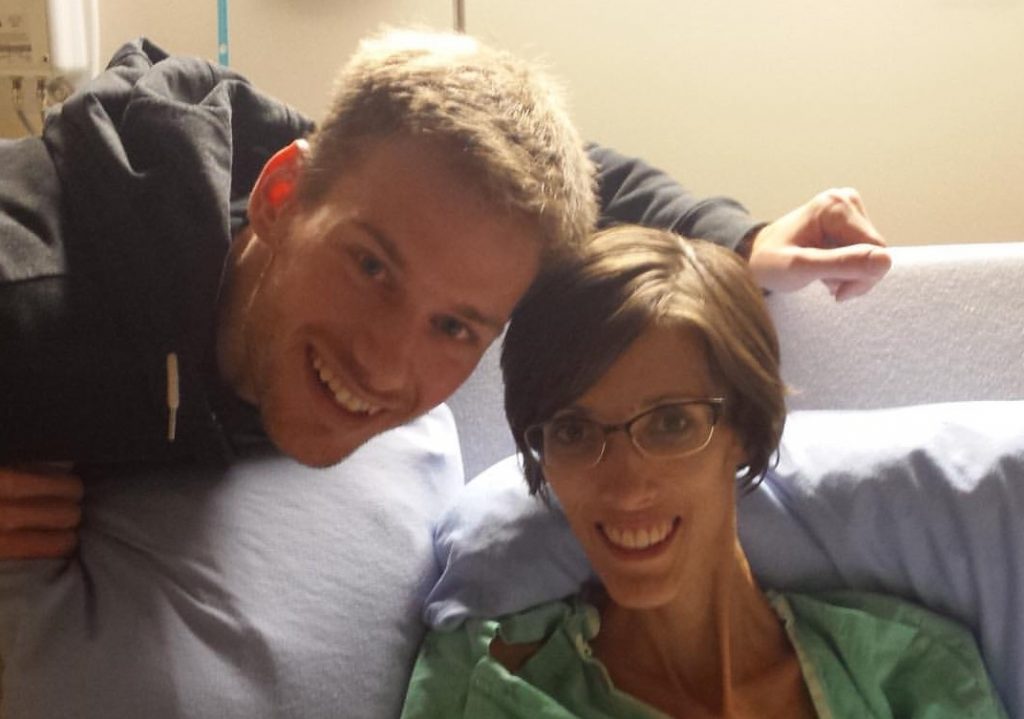
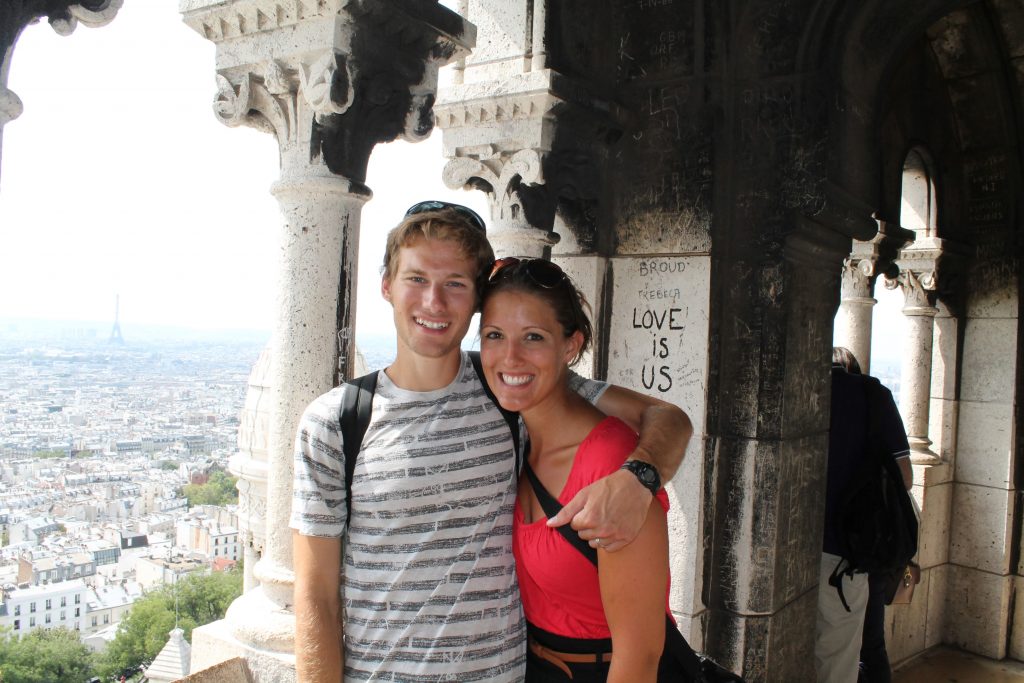
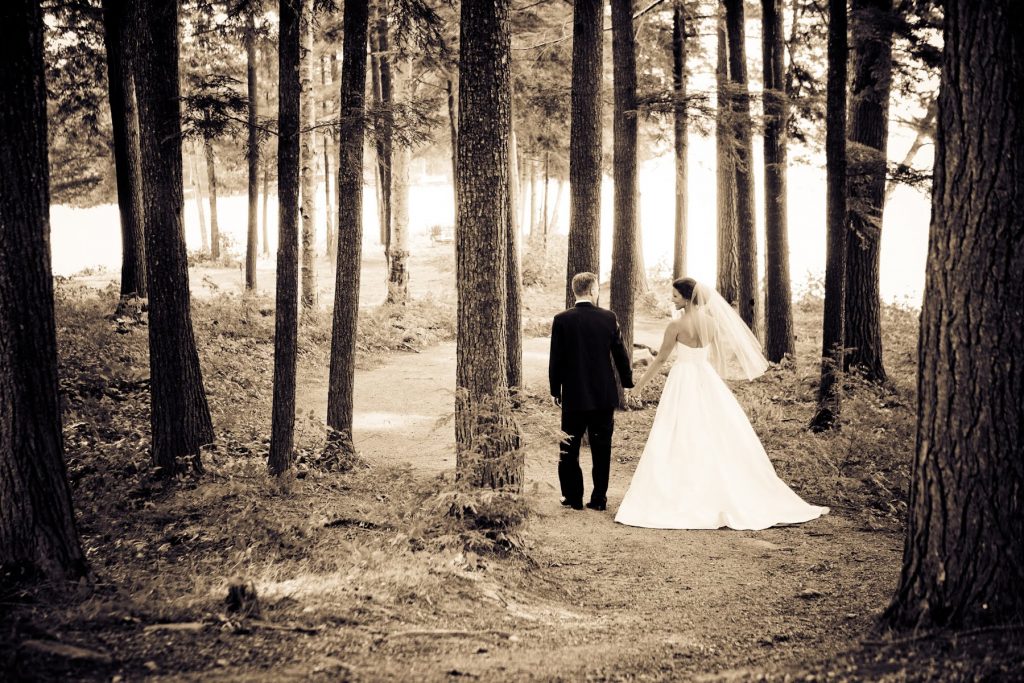
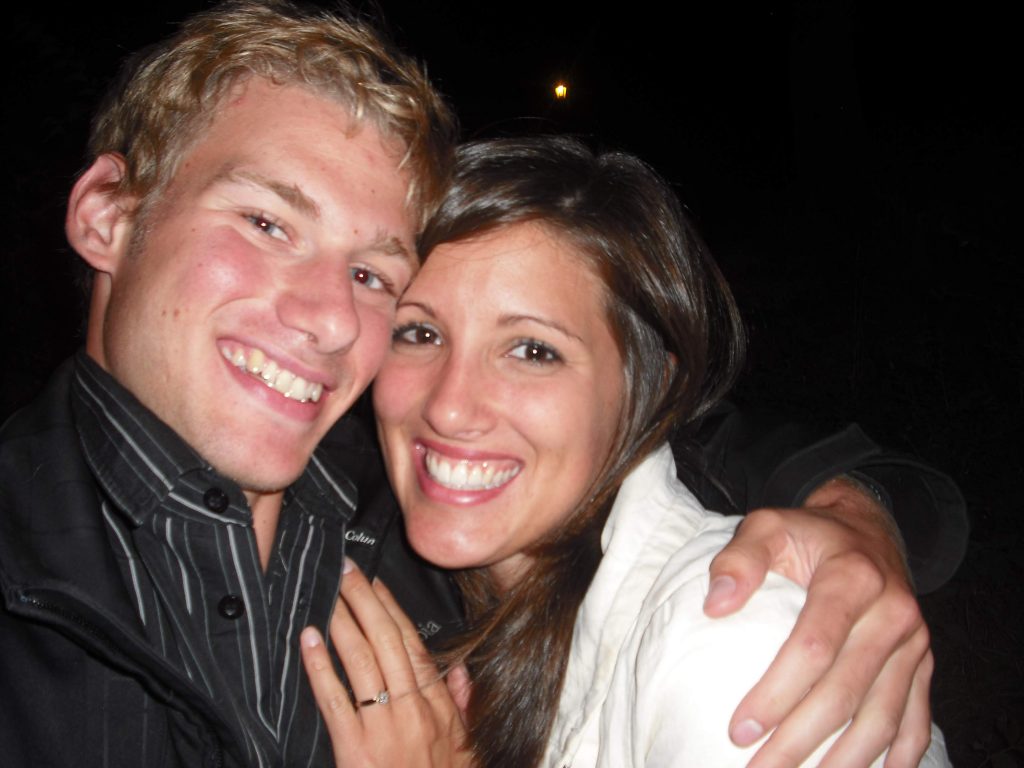
Get more content straight to your inbox. Subscribe!

Andy, it’s not just your mother reading this blog. Thank you for sharing and for touching my heart profoundly this morning. In my own hard stuff in life, I have discovered that “going to a place of joy, burns out the pain”. God bless you Andy and may love continue give you a horizon of hope.
Dostoevsky and Jesus. Haha I love it. Thanks for continuing to share your journey, Andy… it does work unseen in lives unknown. Keep it up 🙂
The light Julia loved into your heart will forever shine. Your words are beautifully etched into understanding here. Thank you once again Andy, for your eloquent vulnerability. I recently had the privilege of spending time with a Mayan family in their home. They speak very little. They are a very direct, sincere people who cherish time and waste nothing. Their expression, “Kanantabáa” spoke to me… Kanantabáa means, take care of yourself. Nothing more, nothing less. Kanantabáa.
The light Julia loved into your heart will forever shine. Your words are beautifully etched into understanding here. Thank you once again Andy, for your eloquent vulnerability. I recently had the privilege of spending time with a Mayan family in their home. It seems Mayan’s speak very little, in that, they are a very direct, sincere people – who cherish time and waste nothing. Their expression, “Kanantabáa” spoke to me… Kanantabáa means, take care of yourself. Nothing more, nothing less. Kanantabáa.
Yes. Joy and grief intermingled. Death and grief that nearly destroy us, that threaten to consume us even in moments and years later when we least expect them to enter our conscience much less overtake it. But this very death and grief is also the evidence that we have truly lived, loved, and been loved. We have been seen and known, and loved in spite of ourselves. As I wrote the other day, our lives, these wounds, are not what anyone dreams of, and yet they are also filled with the type of deep understanding that everyone is seeking and hoping for. A love that never fails.